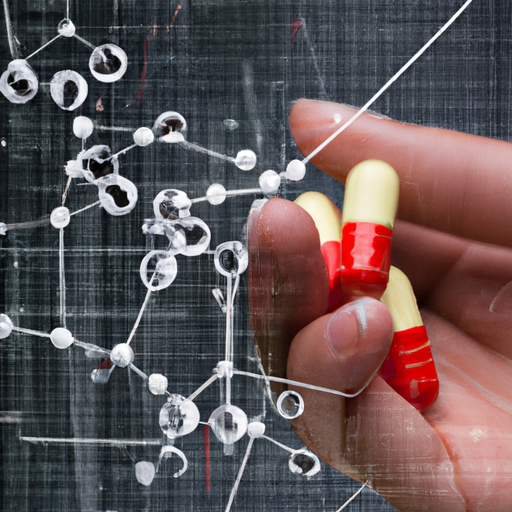In recent years, the intersection of technology and healthcare has led to groundbreaking advancements in various fields, particularly in drug discovery. The advent of artificial intelligence (AI) in this space is reshaping the way pharmaceutical companies approach research and development. This blog post will delve into how AI is transforming drug discovery, improving efficiency, and paving the way for innovative treatments.
1. What is AI in Drug Discovery?
AI in drug discovery refers to the use of machine learning algorithms and data analysis techniques to assist researchers in identifying new therapeutic compounds, predicting drug interactions, and optimizing the drug development process. By processing vast amounts of data much faster than traditional methods, AI can significantly accelerate the pace of discovery.
2. Enhancing Efficiency in Research
The traditional drug discovery process can take over a decade and cost billions of dollars. AI helps streamline this timeline through:
- Data Mining: Utilizing historical data to identify potential drug candidates.
- Predictive Modeling: Anticipating how new compounds will behave in the body.
- Automated Screening: Quickly testing thousands of compounds to find viable options.
This efficiency not only reduces costs but also minimizes the time taken to bring new drugs to market.
3. AI Algorithms in Action
Several advanced AI algorithms are already being used in drug discovery.
- Deep Learning: Used for analyzing complex biological data and identifying patterns that could lead to new drug discoveries.
- Natural Language Processing (NLP): Enables researchers to sift through vast amounts of medical literature and extract relevant insights.
- Generative Adversarial Networks (GANs): Aid in the design of new molecules with desired therapeutic effects.
These technologies empower researchers to make more informed decisions and discover new therapeutic pathways.
4. Real-World Applications of AI in Drug Discovery
Many companies and research institutions are already harnessing the power of AI in their drug discovery efforts:
- Atomwise: Uses AI to predict the effectiveness of drug compounds in treating diseases.
- BenevolentAI: Combines AI with clinical data to develop new treatments for diseases such as Alzheimer’s.
- Insilico Medicine: Focuses on drug discovery using AI-driven approaches to accelerate the process and reduce costs.
These examples highlight the successful integration of AI in the pharmaceutical landscape, showcasing its transformative potential.
5. Challenges and Future Perspectives
While the potential of AI in drug discovery is vast, it is not without challenges. Issues such as data privacy, the necessity of high-quality datasets, and the need for regulatory compliance must be addressed. Moving forward, collaboration between AI specialists and pharmaceutical researchers will be crucial in overcoming these challenges and ensuring that new AI tools are developed responsibly.
Conclusion
The integration of AI into drug discovery represents a significant leap forward in pharmaceutical innovation. By enhancing efficiency, reducing costs, and opening new avenues for research, AI has the potential to revolutionize the way life-saving drugs are developed. As technology continues to evolve, the future of drug discovery will undoubtedly become more intelligent, efficient, and effective.
Stay tuned for more insights into how technology is shaping the future of healthcare!




